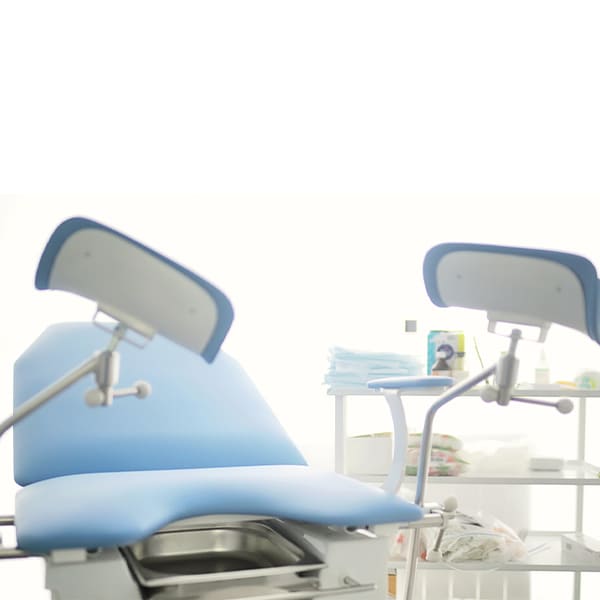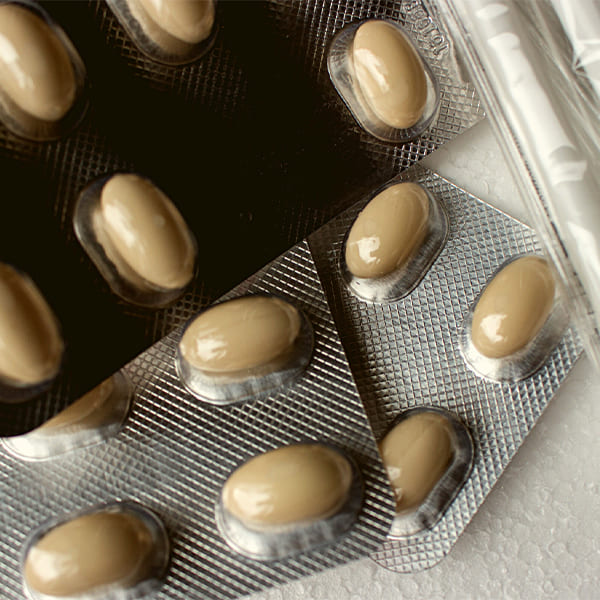- Home
- About Us
- Why BFI
- Treatments
Advanced IVF Treatment
Donor Services
Fertility Preservation
Advanced IVF Treatment
Donor Services
Fertility Preservation
- Locations
- Resources
- Contact Us
Sperm donation - Semen donation
Every couple wants to have their own genetic child. This is a natural instinct and desire. However, it may not always be possible, and couples may have to go for donor sperm.
BFI does not encourage donor gametes as a shortcut to success. We offer all the options a couple has and offer them a donor option as a last resort only. We counsel them pros and cons of using donor gametes and allow them to make a fully informed choice.
BFI NEVER uses donor gametes without the informed consent of BOTH the partners. Ultimately the child is of both the partners.
These are the reasons why every couple should choose the fertility clinic very cautiously, particularly when it comes to donor sperm.
When you require donor services, it is more than plain and simple science. It is also called third party ART – IVF. As a third party is involved, a third dimension is also added to the whole process. It is also an emotional decision. We are here to support you & give you the desired result. We are here to help you have a healthy baby.
We know and understand that when you choose a donor to have your child, you are not buying some product from the market, but you are creating your future generation. With years of experience and experience of thousands of successful donor cycles, we deeply understand and respect your expectations, concerns, fears, and much more. When you entrust us with donor services, we select the best donor for you. Carefully matching him/her with your looks, height, weight, skin colour, eye colour, etc. Though there are no two persons exactly the same, we try to find similarities to the maximum. If a couple has any special preferences or needs, may it be for ethnicity, looks, cast, physical characteristics, education etc., we try our best to match to the perfection.
What is Sperm Donation?
Sperm donation is the use of donated sperm for achieving pregnancy through insemination, IUI or IVF ICSI.
Who needs sperm / semen donation
No sperm in semen – Azoospermia
Many men having no sperm in their semen also can father their own child through their own sperm with the modern technology of TESA PESA TESE Micro TESA. However, if it is not possible or the cost of modern technology is not affordable, one can go for sperm donation.
Poor quality or quantity of sperm
Men with less sperm count – oligospermia, less sperm motility – asthenospermia, less percentage of normal sperm – teratospermia, can father a child through simple treatment but not always. If the above conditions are severe, or sperm are 100% non-motile, very high DNA fragmentation, poor fertilization or embryo formation in repeated IVF cycles, suffering from severe diseases or taking medicines that can reduce sperm fertility, the modern technology of IVF ICSI IMSI PICSI can certainly help. However, if it is not possible, does not succeed, or the cost of modern technology is not affordable, one can go for sperm donation.
Risk of inheritance of genetic disease from father
Some men have a risk of transmission of some hereditary disease to their children through their sperms.
Modern technology of PGS/PGD, PGT – A, PGT – M, PGT – SR can help in preventing these transmittable diseases even before the embryos are transferred to the uterus. With this technology, even the men at risk can safely have a healthy, disease-free child. Unfortunately, this technology is expensive. It can diagnose most of the diseases but not all. Hence a few men may have to opt for donor sperms in this situation.
Single mothers – How is the sperm donation/semen donation treatment performed?
Sperm donation cycles are usually carried out with fresh or frozen semen. Sperm donor has to be unrelated and unknown. Semen donation can be made by vaginal insemination, Intra Uterine Insemination – IUI, or IVF + ICSI.
BFI does not have a waiting time for donor availability as we have a large pool of donors’ frozen sperm ready. Depending upon the treatment undertaken by the couple, the donor sperm is used for insemination or fertilization at the appropriate time during the cycle.
BFI offers multiple quality sperm donors to match the requirements of every couple.
Advantages of Sperm donation / semen donation treatment
The sperms are from young donors with very good semen quality. The pregnancy chances are very high. The treatment remains secret. The wife enjoys all the joy and bonding of motherhood. If the couple is mentally prepared for sperm donation, the joy of parenthood makes the genetic source immaterial.

Disadvantages of sperm donation/semen donation treatment
The major disadvantage is the outside genetic source of the male gamete. There will be some additional cost for the donor treatment.
to donor oocytes/eggs.
How We Select Our Donors
Characteristics

The donors that are young and have normal screening are recruited.
All oocyte-egg donors are married and have at least one healthy living child. Their age is less than 30 years.
Screening Process
Medical review
We check the donor’s medical, family and personal history. We also check that her weight, height and blood pressure are within normal limits.
The doctor performs an exhaustive medical check-up to check the good overall health of the donor. Our fertility experts do a 3D ultrasound to check for ovarian reserve and any other reproductive or gynaecological condition.
Eligible donors undergo blood tests for complete blood counts, blood sugar and tests to assess liver, kidney, and general health.
Blood tests to rule out STDs are done.
Donors are also screened for a common genetic condition.
Psychological review
Our in-house team takes an in-depth personal interview of the donor. We evaluate that donors understand the process and evaluate their ability to understand and make a balanced decision.
Genetic study
Our team takes in-depth family history.
Common genetic conditions are screened in the donor; any additional tests are also possible according to the couple’s desire.
What is the Success rate of IVF with sperm donation?
IVF with donor sperm generally has a higher success rate compared to using the intended father’s sperm, especially in cases severe of male factor infertility. This is because donor sperm is typically obtained from young, healthy men who have undergone thorough medical and genetic screening to ensure the quality of their sperm.
Success rates for IVF with donor sperm can vary depending on several factors, including:
- Age of the recipient: Women under 35 have the highest success rates, with a potential of 50% or higher per cycle. These rates decline naturally with age, with women 42 and above having a less than 10% chance per cycle.
- Quality of the embryos: The number and quality of embryos created during the IVF process significantly impact the success rate. Factors like egg health and sperm quality play a crucial role in embryo development.
- Number of embryos transferred: Transferring more embryos can increase the chances of pregnancy, but it also carries a higher risk of multiple births.
- Experience of the fertility clinic: Choosing a reputable clinic with experienced professionals and advanced technology can optimize the success rate.
Advantage BFI
Our very big sperm donation programme and our own ART bank help every couple get the best donor most suitable to their needs, that too without any waiting. We also have a large pool of frozen semen ready.
Our vast Indian experience of sperm donation treatment helps us deliver the best success with ultimate satisfaction. You can choose from wide options of the best value for money packages.
Come discover the joy of parenthood. At BFI, it is Simple, Safe, Smart and Successful.
FAQs
Yes, sperm donation is a safe and generally healthy process. Donors undergo thorough screening, and the collection method is non-invasive. Guidelines for reproductive health are provided, and regular check-ups are conducted. It’s important to be aware of potential emotional aspects and engage in the process responsibly.
Yes, sperm donation is legal in India, but it is regulated by the ART- Assisted Reproductive Technology Act. This act ensures ethical practices and protects the rights of all parties involved.
In IVF (In Vitro Fertilization), sperm can be provided by the male partner (husband) or obtained from a sperm donor, depending on the specific circumstances of the couple.
Yes, IVF can be performed using the husband’s sperm. This is a common approach for couples facing infertility issues where the male partner’s sperm can be used for fertilization.
The choice of sperm for IVF depends on various factors, including the fertility status of the male partner. In general, using the partner’s sperm is preferred if it’s viable. With current technology it is possible to conceive even when there is zero count or zero motility with self sperm. However, in cases where the male partner has significant or untreatable issues or if the couple opts for donor sperm, donor sperm can be used.
The success rate of IVF with donor sperm varies depending on several factors, such as the quality of the sperm, the age and health of the female partner, and the expertise of the medical team. Generally, IVF using donor sperm can be as successful as using the partner’s sperm, with success rates typically ranging from 40% to 60% per cycle, but this can vary from case to case. It’s essential to consult with a fertility specialist to understand individual chances of success.
